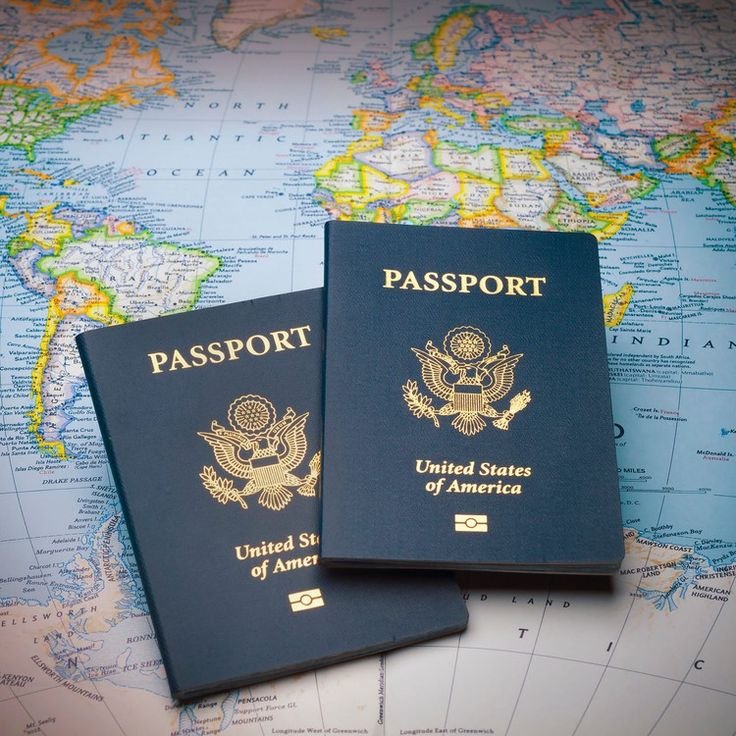
Edit Post
The future of passports is poised to undergo significant transformations driven by advancements in technology and changing global travel demands. One of the primary changes is the shift towards digital passports or e-passports. These digital documents will likely be stored on smartphones or other electronic devices, utilizing biometric data such as facial recognition, fingerprints, or iris scans t... View more
The future of passports is poised to undergo significant transformations driven by advancements in technology and changing global travel demands. One of the primary changes is the shift towards digital passports or e-passports. These digital documents will likely be stored on smartphones or other electronic devices, utilizing biometric data such as facial recognition, fingerprints, or iris scans to verify identity. This approach promises to enhance security, streamline the travel process, and reduce the risk of document fraud. Blockchain technology is also being explored for its potential to create secure, immutable records of travelers' identities and movements, offering an additional layer of protection against identity theft and ensuring the integrity of the passport system. View less
- 0 0
- 0 0
-

-
Ajith L Rajan
published solution: 1 year beforeBy 2035, passports have undergone a digital revolution, transitioning to secure and interconnected digital identity systems. Physical passports are replaced by biometric identification stored on secure digital platforms, accessible via smartphones or wearable devices. These digital passports contain encrypted data including fingerprints, facial recognition scans, and other biometric information, enhancing security and streamlining travel processes. Additionally, blockchain technology ensures the integrity and privacy of personal data, preventing tampering or unauthorized access. Interoperability agreements between nations facilitate seamless border crossings, reducing bureaucratic hurdles and wait times. Moreover, digital passports serve as multifunctional tools, incorporating travel documents, vaccination records, and even financial information, providing travelers with comprehensive and convenient access to essential services. As technology continues to advance, digital passports evolve to meet the needs of a globally connected society, offering a secure and efficient solution for international travel and identity verification.
0 1 0 0 1 0


